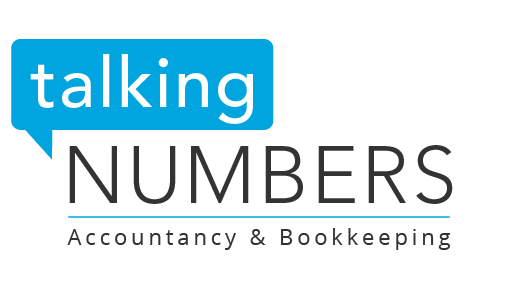Frequently Asked Questions
We have collated some of the most common questions we come across as accountants.
Some Helpful Information
Accounts and tax can be complicated and you’ll likely have many questions. Many of the answers may be specific to your circumstances. So never hesitate to contact us and ask!
For more common questions we often come accross, see below:
Do I need an accountant?
Yes! An accountant is a trained professional who can help you in so many ways. We can assist you with compliance – including tax returns, annual accounts and payroll – meaning that you don’t have to pay costly fines or penalties. We can also add real value to your business by helping you to understand your numbers and what they are saying – this can help you to make key business decisions and to maximise profitability. Your success is our success.
How easy is it to change to a new accountant?
Very easy! Accountants are members of professional bodies who each have their own codes of ethics. When you sign up to a new accountant, you will be asked to sign a letter of authority which will authorise your old accountant to pass on financial records and information, meaning you don’t have to worry about this at all.
How do I get a quote? What are your fees?
We offer bespoke, tailored services to each of our clients. Visit our contact us page to see how to get in touch.
I’ve accepted a quote, what happens now?
We are required by various regulations to conduct anti-money laundering checks on all of our clients. We take this responsibility very seriously so this might take some time – usually no more than a week. You’ll also receive an engagement letter to sign – this is our contract for services and sets out the relationship between us and you. You should read this very carefully. For more information, click here.
Do I need to be VAT-registered?
All businesses need to register for Value-Added Tax (VAT) when their turnover exceeds £85,000. You can register voluntarily if your turnover is lower than this threshold. Once you have registered, you must charge VAT on all taxable services that you provide, and you can also reclaim the VAT paid out on business purchases from HM Revenue and Customs (HMRC). Learn more…
What is CIS and do I need to be registered?
|
The Construction Industry Scheme (CIS) applies to all businesses who subcontract labour in the construction industry. Subcontractors must register for the scheme, which requires the contractor to deduct a proportion of the payment due and pay this directly to HM Revenue and Customs (HMRC). This acts as a pre-payment of the subcontractor’s tax bill at the end of the year. The scheme can be quite complex, but Talking Numbers can help with this and take care of your obligations as a contractor, a subcontractor, or both if necessary. Learn more |
What business structure is best for me?
Choosing a business structure can be difficult, and there is often no right answer. It is about choosing the best fit for your business and your circumstances.
Sole Trader
A sole trader is the most simple and easy-to-understand business structure that you will come across. The individual and the business are the same entity, and any profits earned by the business are the owner’s to keep, and they must pay income tax on their profits. The downside of this simplicity is that the individual is liable for any debts that the business incurs, and will have to fund any shortfall from their personal assets.
Partnership
A partnership is entered into by two or more individuals with a common goal of earning a profit.
Limited Company
A limited company is a separate legal entity from its owners or directors and is a popular form for new businesses given the ‘limited liability’. This reduces the risk placed on its shareholders, as they only stand to lose what they have contributed to the company. Companies pay Corporation Tax on their profits, which is at 19% or 25% depending on levels of profits. The downside to a limited company is that there are extra reporting requirements to HM Revenue and Customs and Companies House, and Directors and Shareholders information must be held on public records. Company accounts are also available online to view.
Who do you help?
We help clients in a vast range of sectors and industries from hairdressing to retail and construction to hospitality. We can offer services to sole traders, limited companies, landlords and partnerships. If your business structure isn’t listed, get in touch to see if we can help.
Articles & Advice
Food, drink and entertainment – A tax guide for companies
The VAT rules around food, drink, travel and entertainment are complex. We've produced this guide to help you work out whether or not you can reclaim VAT on certain expenses, and whether or not they qualify for relief from Corporation Tax. The general rule is that you...
Scottish Budget 2026
The Scottish Government's Finance Secretary, Shona Robison, set out her Government's tax and spending plans for the 2026/27 financial year. The Scottish Parliament has control over Scottish rates of Income Tax on certain types of income. It also controls spending on...
Companies House Identity Verification
From 18 November 2025, all company directors and Persons with Significant Control (PSCs) will need to verify their identities with Companies House before they can complete their annual Confirmation Statement filings. Talking Numbers can carry out this verification for...


